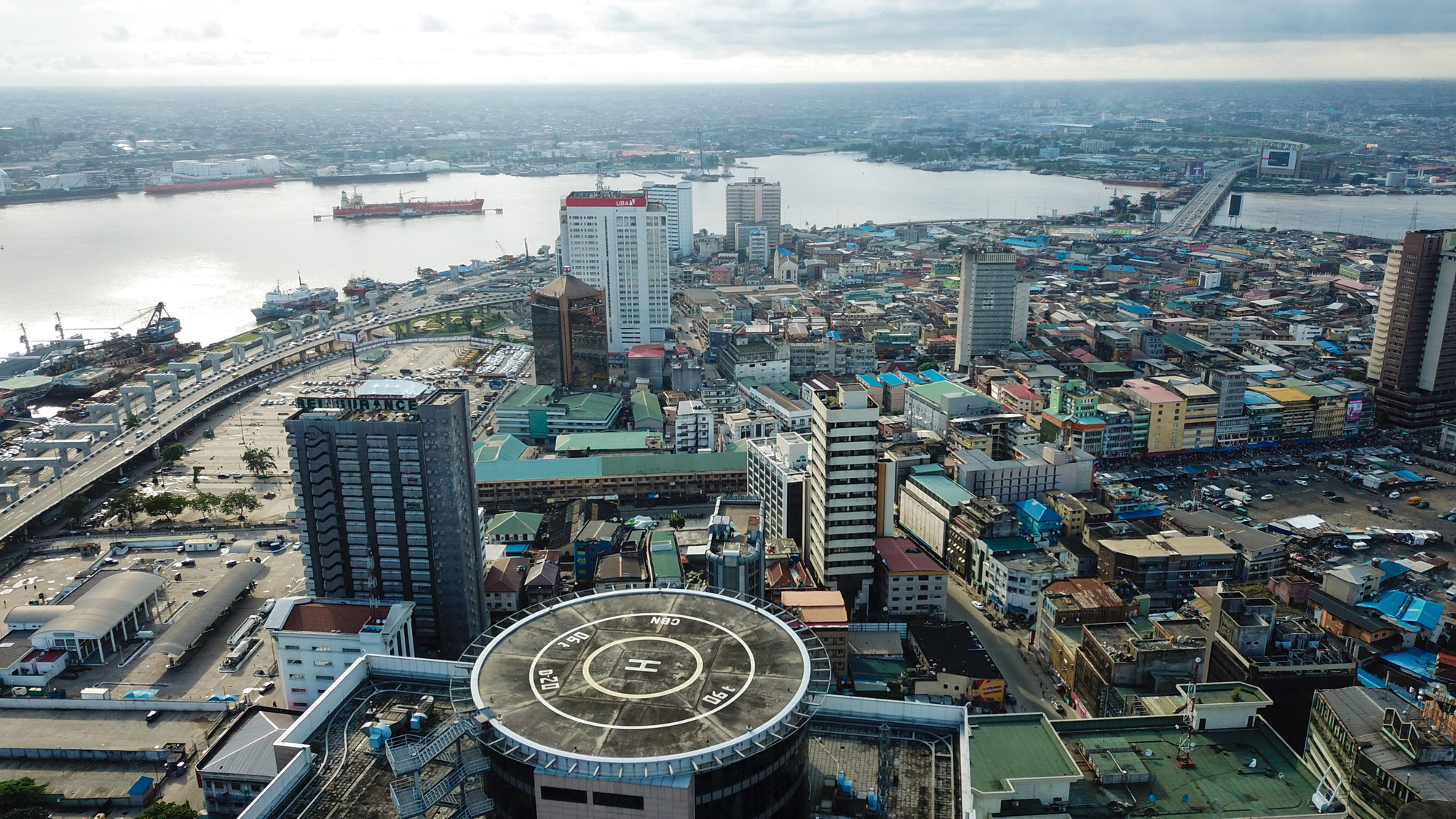
If you’re planning a trip to Nigeria, it’s essential to pack accordingly considering the country’s hot and wet climate. Here are some key items to include in your Nigeria packing list:
The Essential Things to Bring to Nigeria
When packing for your trip to Nigeria, it’s important to include essential items that will keep you comfortable and prepared. Here’s a revised list of what to bring:
- Handheld Fan: Nigeria’s hot weather calls for a portable handheld fan to help you stay cool and comfortable.
- Lightweight and Breathable Clothing: Pack loose, light linen or cotton clothes to cope with the country’s hot climate. Opt for breathable fabrics to stay cool and comfortable throughout your trip.
- Comfortable Footwear: Include sandals and waterproof walking shoes or closed-toed hiking sandals for various activities and terrains.
- Swimwear: If you plan to visit beaches or swimming pools, don’t forget to pack swimwear.
- Mosquito Repellent: Protect yourself from mosquitoes and other insects by packing mosquito repellent.
- Sunscreen: Bring UVA/UVB Sunblock with an SPF of 50 or higher to shield your skin from the intense Nigerian sun.
- Sunglasses and Hat: Protect your eyes and face from the sun’s glare by bringing sunglasses and a wide-brimmed hat.
- Battery Pack: Keep your electronic devices powered up with a portable battery pack.
- Medical Kit: Carry a basic medical kit with essential supplies like band-aids, antiseptic cream, and any necessary medications.
- Sturdy Phone Case: Ensure your phone is protected with a sturdy case that can withstand any bumps or drops.
- Camera: Capture your Nigerian adventure with a camera to preserve lasting memories.
- Day Pack: Carry a day pack to store your essentials and keep them easily accessible during your outings.
- Umbrella: Nigeria’s rainy season makes an umbrella a useful item to have on hand.
- Insulated Water Bottle: Stay hydrated by bringing an insulated water bottle to keep your drinks cool.
Remember to check the specific requirements and recommendations for your particular travel itinerary and consult with travel advisories for any additional items or precautions based on the areas you plan to visit in Nigeria.
Recommended Packing List for Nigeria
Clothes
In Nigeria, it is important to be mindful of the local culture and dress appropriately. Here’s a revised version of the dress code guidelines for different occasions in Nigeria:
- Conservative Dress in Northern Nigeria: In the Northern part of Nigeria, where the culture is more conservative, it is advisable to dress modestly. Both men and women should opt for conservative attire, avoiding revealing clothing and opting for loose-fitting garments.
- Casual-Smart Attire for City Excursions: In other parts of Nigeria, a casual-smart dress code is generally acceptable. For city excursions, wear light and loose-fitting linen or cotton clothes that provide comfort in the humid and hot weather. Carry a small umbrella in case of unexpected rain, and consider using an anti-theft bag for women to enhance security.
- Beach Attire: At the beach, dress in comfortable beachwear such as shorts, tank tops, and flip-flops. Don’t forget to wear a hat and sunglasses to protect yourself from the sun’s rays.
- Avoid Army/Combat Clothing or Prints: It is illegal to wear army/combat-type clothing or prints in Nigeria, so refrain from wearing such attire to avoid any legal issues.
- Modest Clothing for Women: Women should avoid overly revealing clothes in public spaces. While tank tops that cover the shoulders are generally acceptable, it is advisable to avoid crop tops or outfits that expose cleavage, as they may attract unwanted attention and comments.
- Appropriate Attire for Men: Men should also dress modestly, avoiding going shirtless or wearing excessively short shorts, as this may draw attention from law enforcement or locals. Take into consideration the cultural norms and customs when choosing your attire.
- Dressing up for Night Outs or Restaurants: Nigerians tend to dress up for social outings and dining in restaurants. When going out at night or visiting restaurants, consider dressing up to align with the local customs and expectations.
Remember, these guidelines serve as general suggestions, and it is essential to respect and follow the cultural norms and customs of the specific regions you visit in Nigeria.
Shoes
When visiting local markets in Nigeria, it is recommended to wear water-resistant shoes due to the imperfect drainage system. Expect to encounter puddles or muddy areas, so it’s best to avoid open-toed shoes like flip flops in these situations. Instead, consider wearing trail running shoes or crocs, which offer better protection and grip. Having a pair of crocs handy in your car can be useful for navigating messy walking situations.
For formal or upscale occasions, it’s advisable to wear nice shoes rather than flip flops or overly casual sandals. Clubs, lounges, and even some brunch venues may have dress codes that prohibit entry with casual footwear. Dressing appropriately with suitable shoes will ensure you have access to various establishments.
In general, it’s important to prioritize comfort in Nigeria’s hot and humid climate. Avoid wearing heavy boots or shoes that may make you uncomfortable in the prevailing weather conditions. Adapt your footwear choice based on the specific activities and environments you plan to engage in during your visit to Nigeria.
PHOTO CREDIT: Archdaily


















